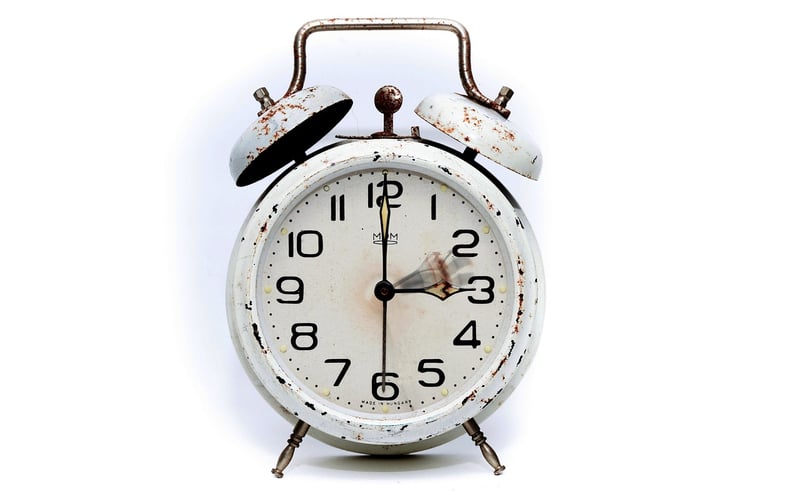Temporal Paradoxes
Understanding Time Laws and Temporal Paradoxes
The Concept of Time
Time is a fundamental aspect of our existence, influencing everything from our daily routines to the grand movements of the universe. In physics, time is often considered the fourth dimension, intertwined with space to form the fabric of spacetime.
Time Laws
Time laws are principles that govern the flow of time and its interactions with matter and energy. These laws help us understand the nature of time and its effects on the universe. Some key time laws include:
- Time Dilation: According to Einstein's theory of relativity, time can pass at different rates for observers in different frames of reference. This phenomenon is known as time dilation.
- Causality: The principle that cause precedes effect, stating that an event cannot occur before the event that caused it.
- Arrow of Time: Time has a directionality, moving from the past to the future, as indicated by the increase of entropy.
Temporal Paradoxes
Temporal paradoxes are situations in which the usual flow of time is disrupted or contradicted, leading to logical inconsistencies. Some famous temporal paradoxes include:
- Grandfather Paradox: A time traveler goes back in time and prevents their grandfather from meeting their grandmother, thereby preventing their own birth. This raises the question of the traveler's existence.
- Bootstrap Paradox: An object or information is sent back in time in an infinite loop with no clear origin, creating a causal loop.
Conclusion
Understanding time laws and temporal paradoxes can challenge our perception of reality and the nature of causality. While time travel remains a topic of scientific and philosophical debate, exploring these concepts can expand our understanding of the universe and the mysteries of time.
Image Source: Clock Image

